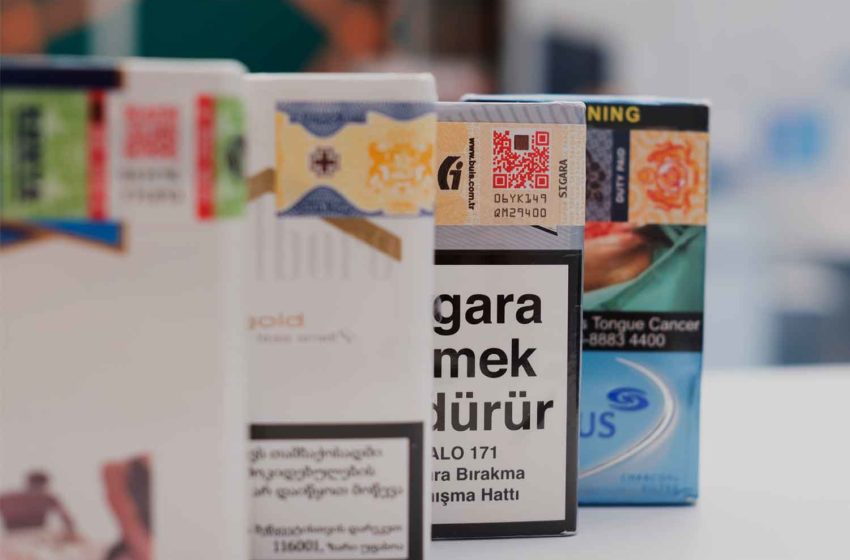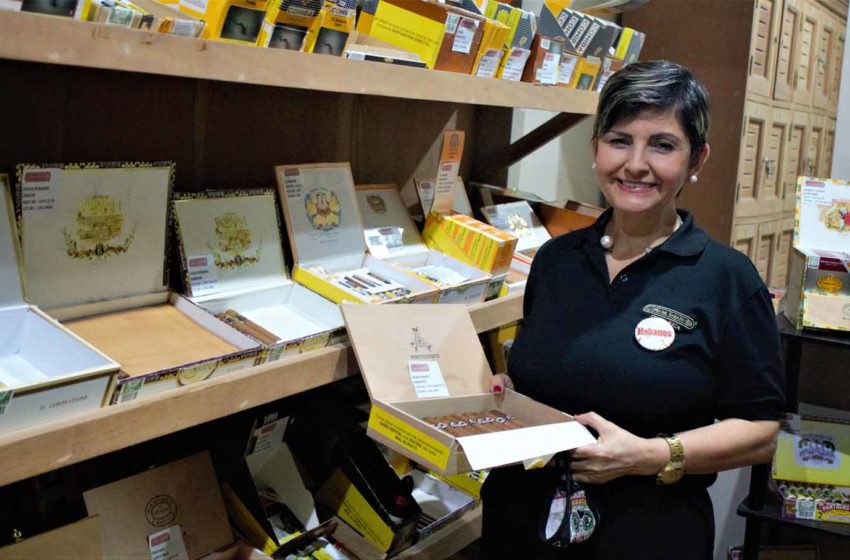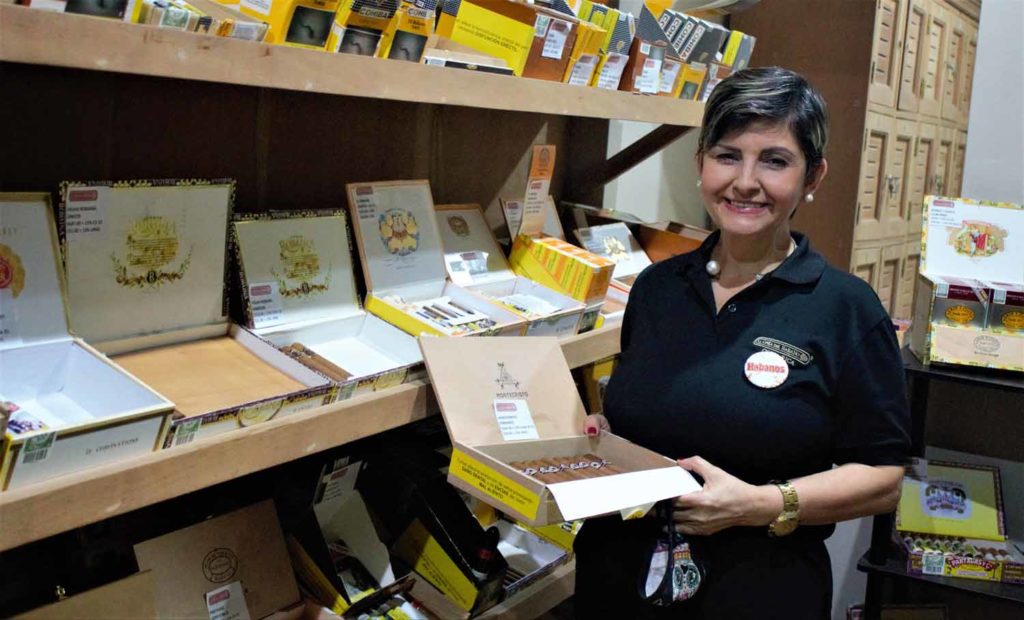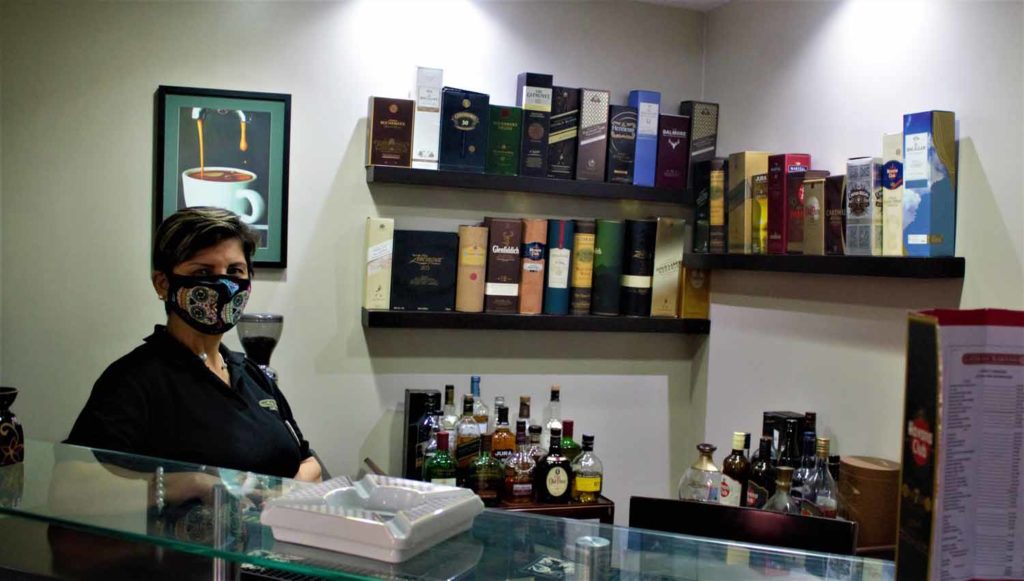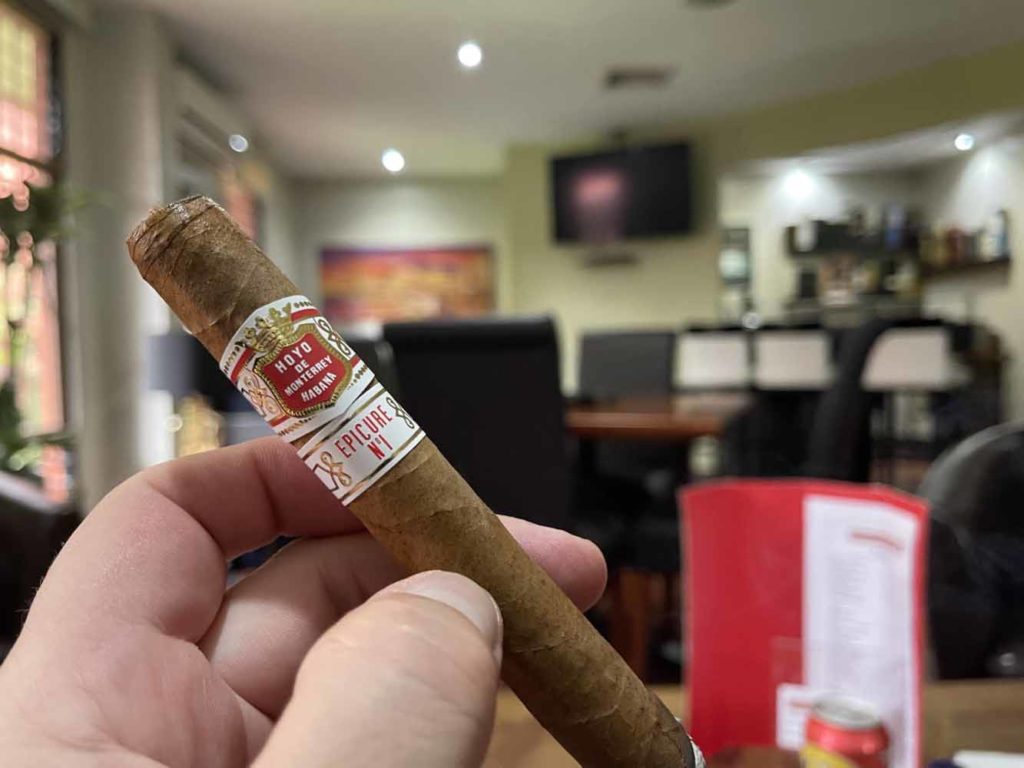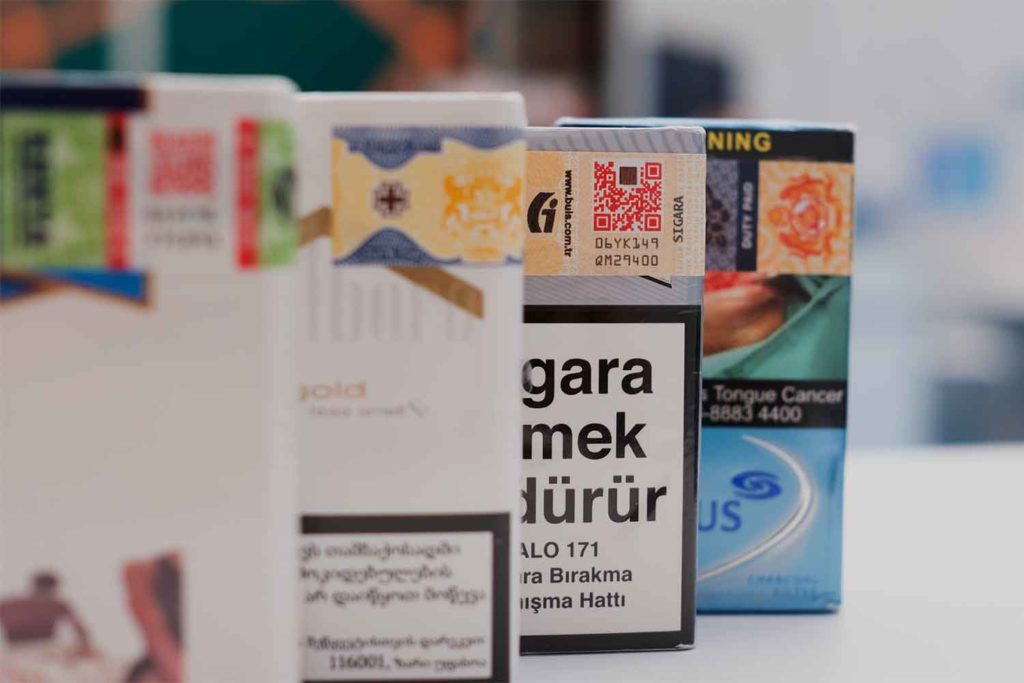
The International Tax Stamp Association (ITSA) is calling for improvements to the EU Tobacco Products Directive (TPD), which is currently undergoing a mandatory review.
Among other things, the association believes the TPD should be more prescriptive on tobacco product security features, thereby avoiding countries adopting too many different features, which creates confusion.
The tobacco industry’s responsibilities should be limited to ordering, applying and reporting the use of tax stamps, with all other responsibilities reassigned to independent providers selected by government authorities.
ITSA also recommends that the importance of tax stamps be recognized in the legal language of the EU TPD. Therefore, any new version of the directive should encourage the adoption of legal instruments to introduce tax stamps by those member states that currently don’t use them, as well as introduce, as a transitional measure, a security label designed and procured by the issuing authority.
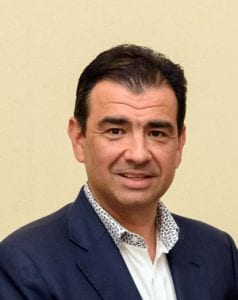
Another recommendation is for the language used to describe tax stamps to explicitly require them to have traceability functionality. This is an essential tool for the security of the system and complements the unique identifier directly printed or marked on the product pack. It also improves tracking of the issuance of the tax stamp, secures tighter controls and limits the impact of any fraudulent activity.
“Now, more than ever, the time is right for us all to come together as a united force over illicit trade and lost tax revenues,” said ITSA Chairman Juan Carlos Yanez Arenas.
“With the tobacco traceability requirements of the WHO FCTC Protocol entering into force in 2023, countries that are party to the Protocol have two years left to implement these systems, and we can help them with this by offering practical guidance based on proven best practice. We have identified the best features of the EU TPD, as well as those that can be improved on, which can be taken and used to deliver world class programs that everyone involved in the tobacco sector stands to benefit from.”

